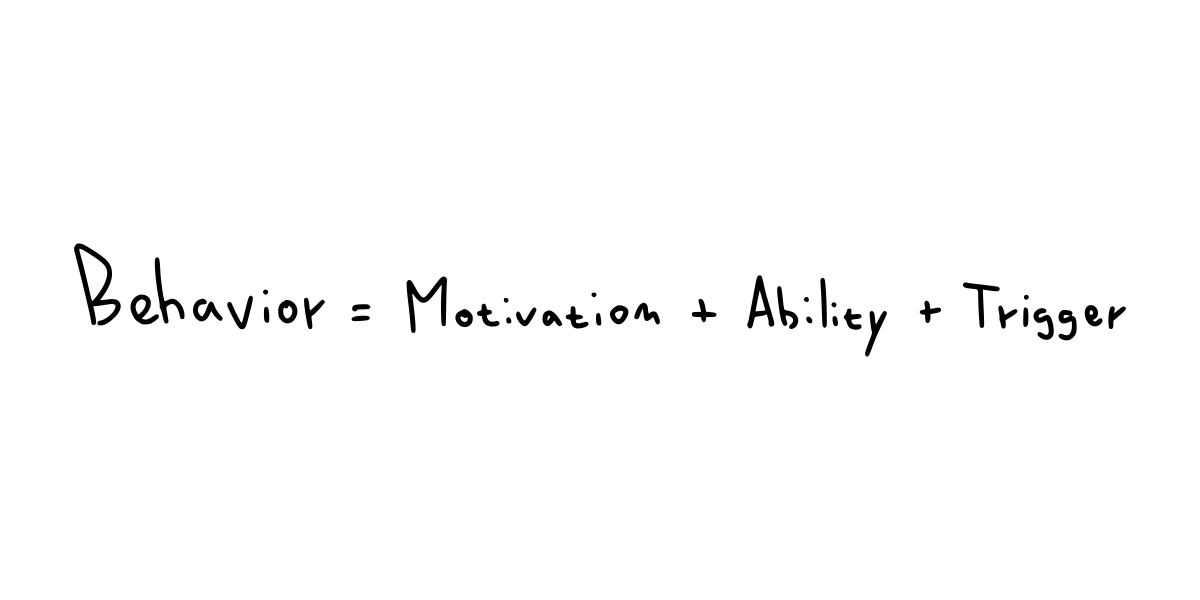My six stages of learning to be a socially normal person
- Author initially struggled with social skills, feeling awkward, excitable, and bullied due to abrasive behavior and sensitivity.
-
Six stages of social learning show a progression from self-focused to deeply embodied connection strategies.
-
Stage 1: Tried to be a dazzling, interesting, intellectual person to gain approval.
- Emulated admired cultural figures, memorized poetry, and read complex literature.
- Told dramatic personal stories and developed scholarly opinions.
- This approach earned polarized approval, often distancing others because of its presentational quality.
-
Stage 2: Learned to play the social game by adapting to others' social styles, especially in restaurant work.
- Observed and mimicked the social behaviors that successful servers used.
- Adopted flexible social roles matching the table's mood (efficient, flirtatious, etc.).
- Made people feel comfortable by playing their "game," though still somewhat role-driven.
-
Stage 3: Loosened grip on social scripts; used quirky, authentic behaviors to relax social interactions.
- Added benign strangeness and surreal quirkiness to interactions to signal social playfulness.
- Created moments of unexpected connection by breaking scripts sideways.
- Learned that how things are said can be more important than what is said.
-
Stage 4: Developed bodily awareness and real-time non-verbal communication like dancing with others.
- Became attuned to subtle body language and unspoken emotional states.
- Reacted fluidly and spontaneously to ongoing social and emotional cues.
- This stage deepened presence beyond verbal skill to sensory social attunement.
-
Stage 5: Practiced projecting love and acceptance, creating emotional openness and deep connection.
- Embraced a meditative state of spacious openness inspired by energy healing.
- Provided a nervous system capacity for emotional distress, enabling catharsis.
- Found that deep listening and presence facilitated rapid emotional intimacy.
-
Stage 6: Learned to moderate emotional connection, balancing openness with boundaries.
- Recognized that constant emotional openness can be draining and misinterpreted.
- Managed energetic boundaries and adjusted connection intensity according to context.
- Balanced desire for connection with comfort in solitude and acceptance of varied social interaction levels.
-
Author reflects on effects of spiritual openness in various social roles and the challenge of maintaining boundaries.
- Final insight: Genuine social connection evolves from crafted performance to embodied presence, balancing authenticity, empathy, and emotional limits.

